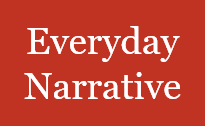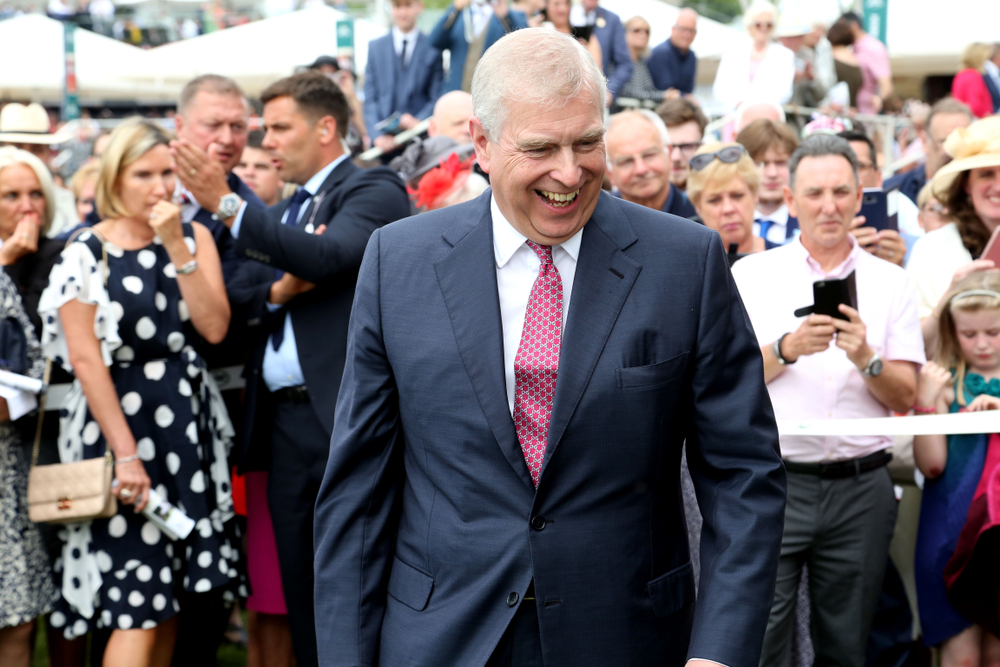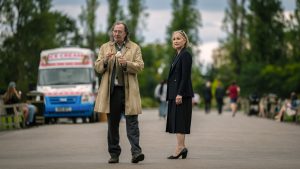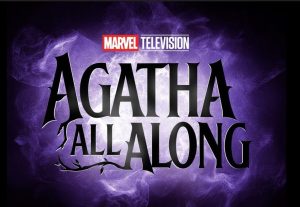Copyright © Everyday Narrative 2024. All rights reserved.
In the annals of broadcast journalism, few moments are as riveting or revealing as a well-conducted interview. The dynamics of a challenging question-and-answer session can expose truths, unveil personalities, and, sometimes, ignite controversies that reverberate through society. Among these, Prince Andrew’s interview about his ties with Jeffrey Epstein stands out as a recent example of how an attempt to clarify can lead to public relations disaster.
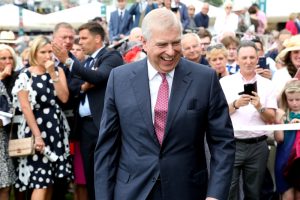
In November 2019, Prince Andrew, Duke of York, sat down with BBC Newsnight’s Emily Maitlis in an attempt to address his association with the convicted sex offender Jeffrey Epstein. The interview was catastrophic for Andrew’s reputation. Far from alleviating concerns, his responses were widely seen as evasive and lacking empathy for Epstein’s victims. The fallout was immediate and severe, with the Prince stepping back from public duties shortly thereafter.
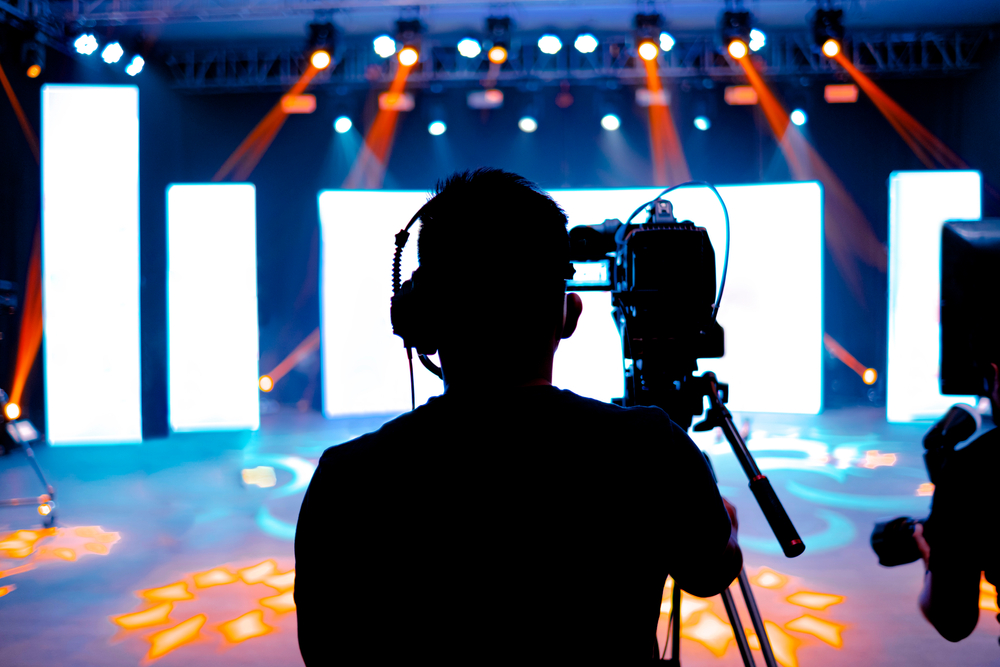
This interview serves as a stark reminder of the power of the journalistic interview and sets the stage for a look back at some of the most iconic and controversial interviews in history.
1. The Royal Bombshells: Charles and Diana’s Separate Confessions
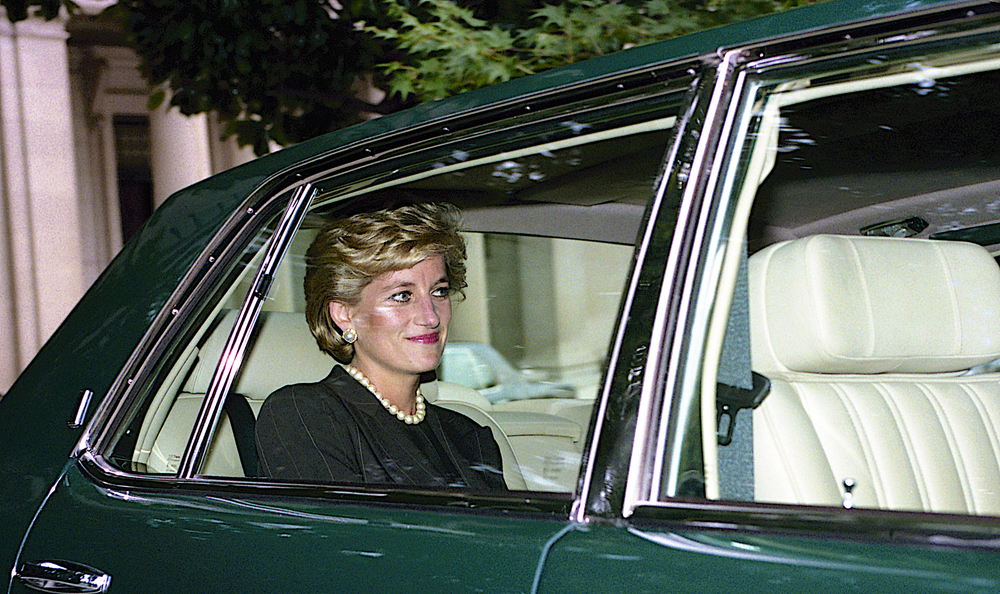
The 1990s were marked by two royal interviews that shook the foundations of the British monarchy. In 1994, Prince Charles admitted to his affair with Camilla Parker Bowles in a candid interview with Jonathan Dimbleby, shocking the nation and straining the royal family’s public image. Barely a year later, Princess Diana sat with Martin Bashir for a BBC Panorama interview. She spoke openly about her bulimia, her marriage’s collapse, and Charles’s infidelity, coining the unforgettable phrase, “There were three of us in this marriage, so it was a bit crowded.” These interviews laid bare the personal failings and pains of the royal family, challenging the public’s perception of the monarchy’s stoic facade.
2. Frost/Nixon: The Political Duel
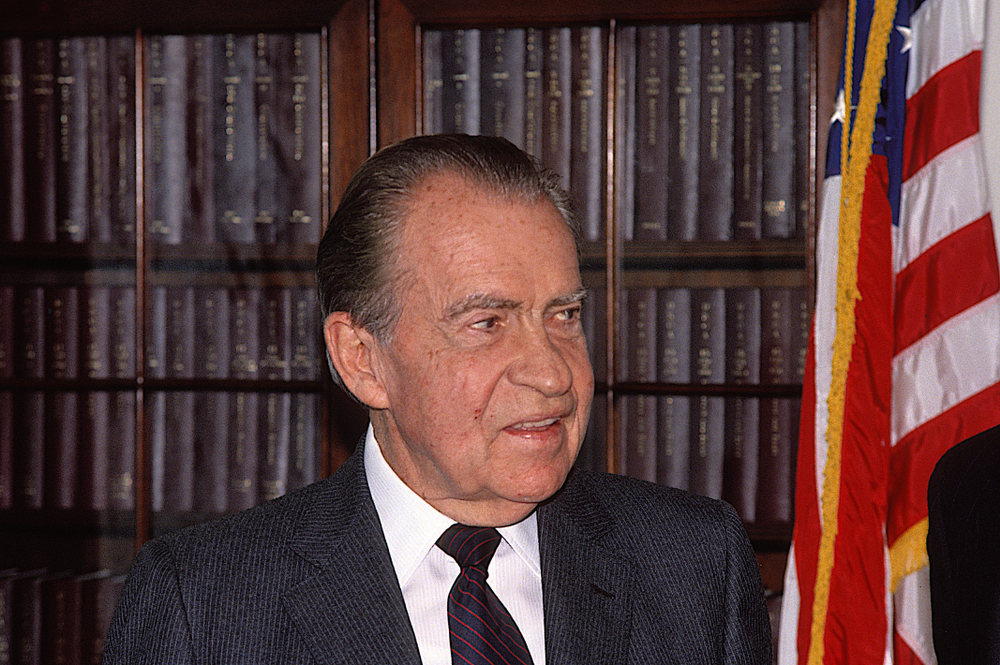
In 1977, British journalist David Frost conducted a series of interviews with former U.S. President Richard Nixon, three years after Nixon’s resignation over the Watergate scandal. Across these sessions, Frost managed to do what many thought impossible—extract an admission of wrongdoing from Nixon. With the statement, “I let the American people down,” Nixon acknowledged his role in the Watergate cover-up, offering a rare moment of contrition from a public figure so closely associated with political scandal. The Frost/Nixon interviews remain a masterclass in the art of the political interview, showcasing the potential of persistent questioning to elicit truth.
3. R. Kelly’s Emotional Denial to Gayle King
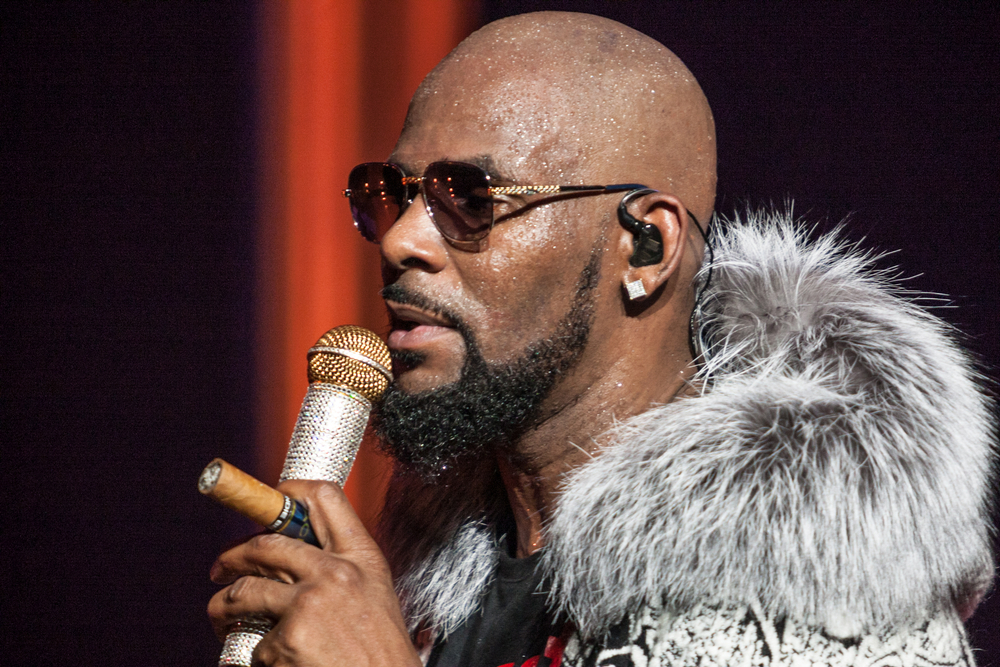
In a dramatic 2019 interview with Gayle King, R&B singer R. Kelly vehemently denied allegations of sexual abuse in the wake of the “Surviving R. Kelly” docuseries. Kelly’s emotional outburst, where he stood up, screamed, and cried, claiming his innocence, became a spectacle of a man confronting a crumbling public image. This interview was controversial not only for Kelly’s behavior but also for King’s composed demeanor under pressure, illustrating the emotional volatility often present in high-stakes interviews.
4. Michael Jackson’s Controversial Admission to Martin Bashir
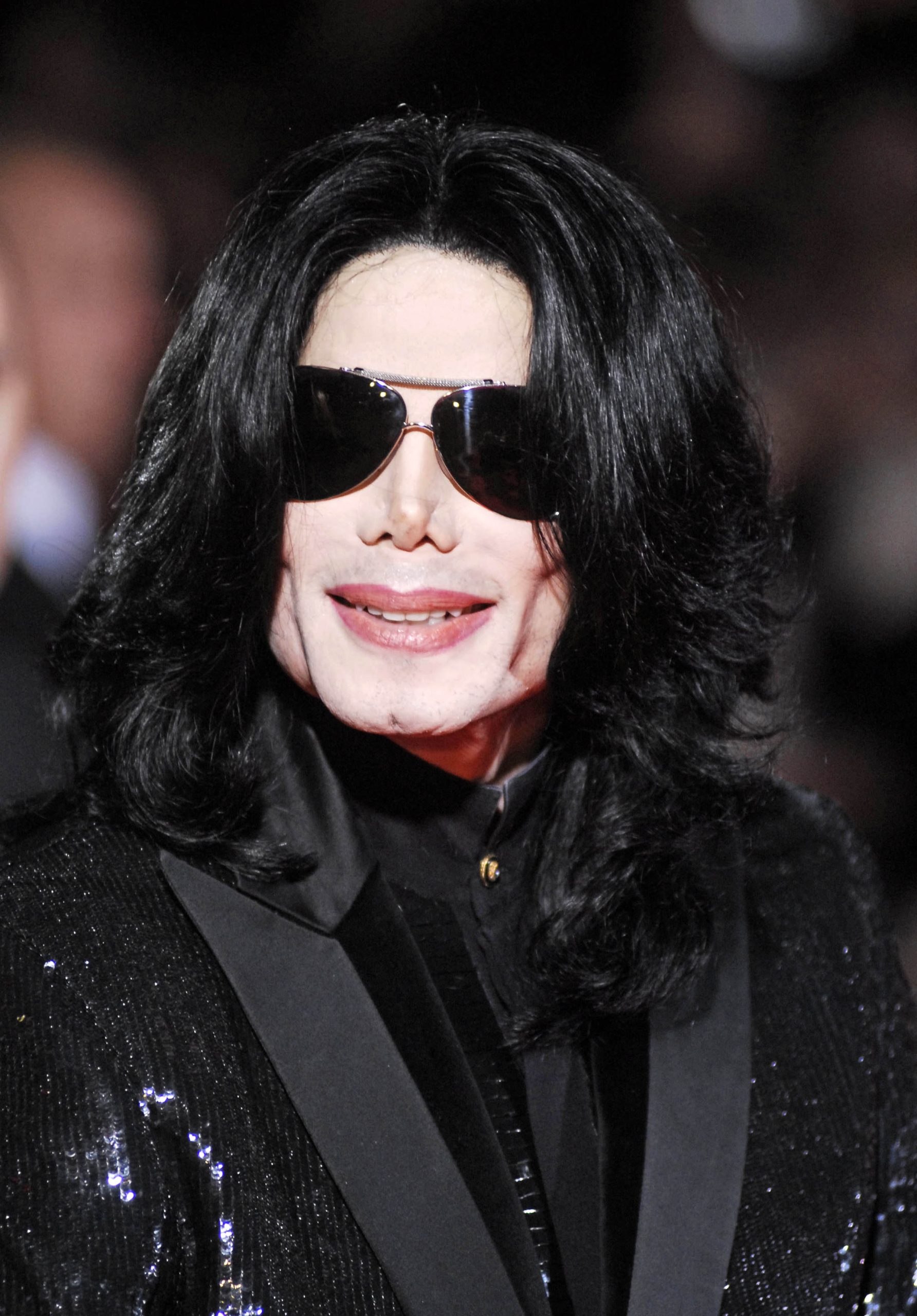
“Living with Michael Jackson,” a 2003 documentary by Martin Bashir, presented an intimate look at the King of Pop, Michael Jackson. The controversy centered on Jackson’s admission of sharing his bed with children, a statement that ignited global debate over the singer’s behavior and intentions. The documentary led to increased scrutiny of Jackson’s personal life, showcasing the profound impact an interview can have on public perception.
5. Lance Armstrong’s Confession to Oprah Winfrey
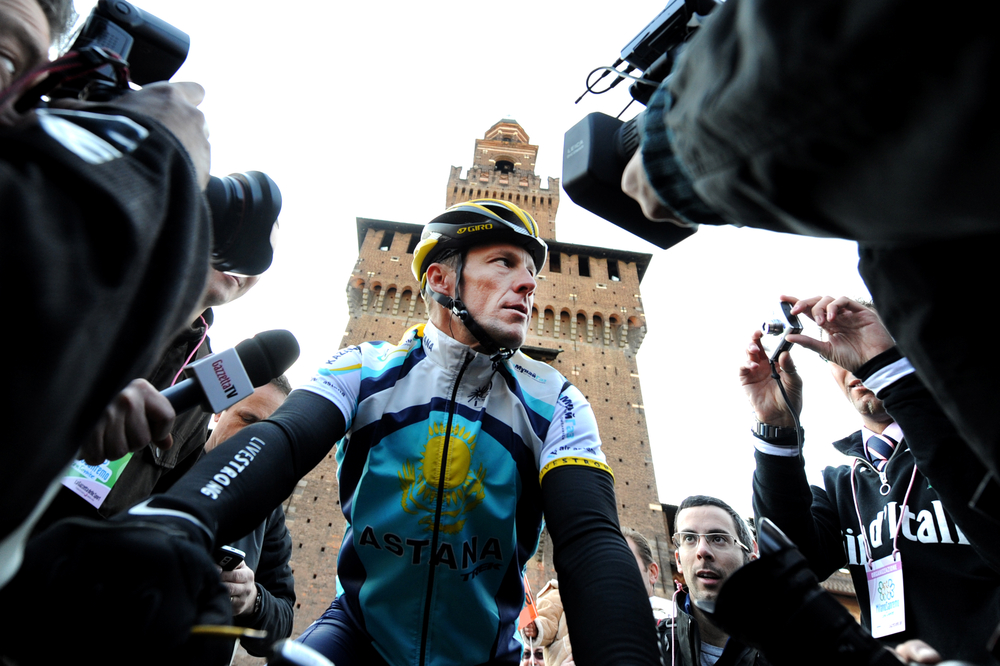
In 2013, Lance Armstrong sat down with Oprah Winfrey in a highly anticipated interview where he admitted to using performance-enhancing drugs during his cycling career. After years of vehement denials, Armstrong’s admission was a stunning reversal. The interview highlighted the role of confession in public discourse, demonstrating how a well-conducted interview can serve as a platform for truth-telling, even when that truth is uncomfortable.
These iconic interviews share a common thread—their ability to cut through public personas and reveal the human complexities beneath. They remind us of the interview’s unique power to illuminate, to challenge, and often, to change the course of public conversation. Whether shedding light on personal failings, exposing truths hidden behind a carefully constructed image, or offering a platform for confession and possibly redemption, these interviews have left an indelible mark on the fabric of our collective consciousness.
As we continue to navigate an era where information is omnipresent yet truth often seems elusive, these moments stand as testament to the enduring value of the journalistic interview. They serve not only as a mirror reflecting the societal values and concerns of their times but also as a beacon, guiding the way toward a deeper understanding of the complex world we inhabit.
